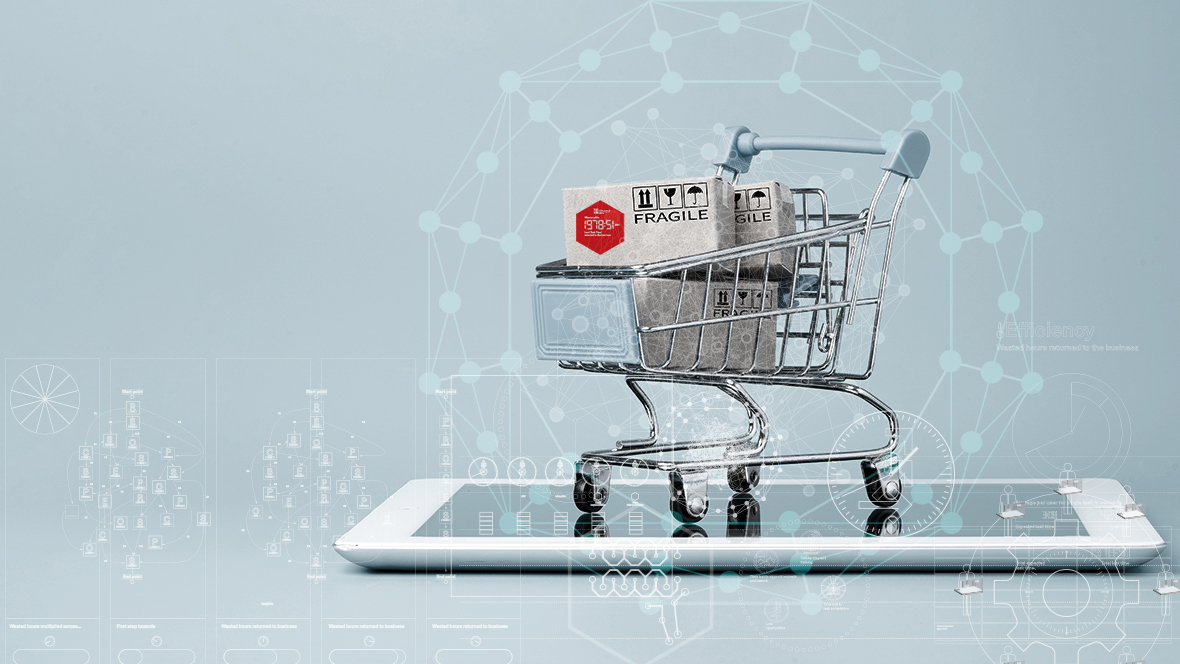What is Digitalization?
Digitalization refers to the process of using digital technologies to transform analog information, processes, and systems into digital formats. This transformation involves the conversion of data, processes, and interactions from physical or analog forms into digital ones, which can be stored, manipulated, and transmitted electronically.

Digitalization involves leveraging digital technologies to create new value, optimize processes, and enhance efficiency across various aspects of business, society, and personal life.
In the context of businesses and organizations, digitalization often involves:
- Data Digitization: Converting physical records, documents, and information into digital formats for easier storage, retrieval, and analysis.
- Process Automation: Using digital tools to automate manual and repetitive tasks, reducing human intervention and potential errors.
- Data Analysis and Insights: Utilizing digital tools and algorithms to analyze large sets of data, extracting valuable insights and trends to make informed decisions.
- Online Presence: Establishing an online presence through websites, social media, and other digital platforms to connect with customers and stakeholders.
- E-commerce: Selling products and services online, enabling customers to browse, select, and purchase items through digital channels.
- Cloud Computing: Storing and accessing data and applications over the internet using cloud services, allowing for greater scalability and flexibility.
- Internet of Things (IoT): Connecting physical objects and devices to the internet to gather data, monitor performance, and enable remote control.
- Digital Transformation: Redesigning business models, processes, and strategies to leverage digital technologies and stay competitive in the digital age.
- Data Security and Privacy: Implementing measures to protect digital assets and sensitive information from cyber threats.
Digitalization has a profound impact on various sectors, including business, healthcare, education, transportation, entertainment, and more. It has the potential to enhance efficiency, improve customer experiences, and create new opportunities for innovation.
However, it also brings challenges such as cybersecurity concerns, digital divide issues, and the need for continuous adaptation to rapidly evolving technologies.
